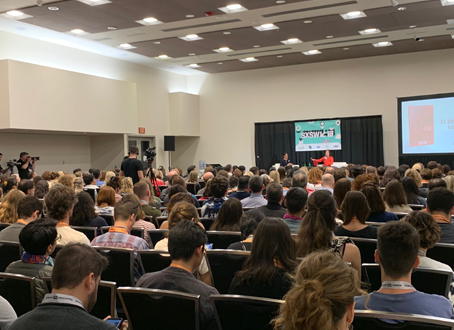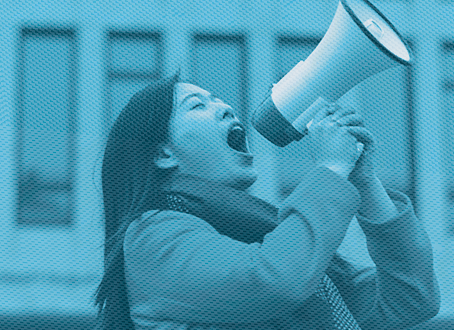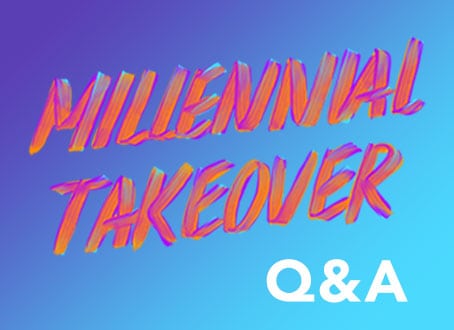Over the last six years, the Case Foundation, in partnership with Achieve, has been actively tracking how the Millennial generation turns interest into action and influences social good movements. Known as the Millennial Impact Report, it has become one of the largest annual surveys focused on the next generation to date. It is driven by a simple, yet bold underlying principle: that Millennials will change how change is made. Together, we seek to amplify the voices of Millennials and pull back the curtain on how this influential group of 80 million strong chooses to connect, give and get engaged with the causes they care about the most.
This year, Achieve focused the research on how politics, over the course of a Presidential election year, may or may not influence Millennial engagement with social causes. Through a three-phase survey process, this research seeks to reveal insights into how demographics—such as political ideology, geographical location, gender, age, race/ethnicity or Presidential candidate preference—may impact Millennial activation around social causes.
Today, Achieve is releasing Phase 1 cohort data in the hopes that it will spark conversation, debate and inquiry that may inform the remaining two phases. (The final report will be released in January 2017.) While it’s too early and too limited a cohort to suggest anything definitive about the Millennial generation as a whole at this point in the research project, we look forward to seeing the final report, with the full cohort data, and discussing the findings and its potential impact on social engagement.
Looking back, the Millennial Impact Project has helped to uncover important new insights about cause engagement by the next generation. This body of work continues to deepen and reinforce our understanding of Millennials as one of the most engaged and socially conscious generations of our time. Below is a brief summary of takeaways from each year:
- 2011 – Provided new insights and a deeper understanding of Millennial donor interests, engagement and motivations. One of the more surprising responses discovered was that Millennials are “very likely or somewhat likely to stop donating if they didn’t know how the donation was making an impact (78 percent), the organization asked for support too frequently (73 percent) or they didn’t feel a personal connection with the organization (72 percent).”
- 2012 – Focused on young professionals—how movements drive them and what inspires them to donate or volunteer. “While more than 50 percent of respondents said they would consider giving by using their smartphones, only 15 percent have done so. Of those who said they have not used their smartphones to make donations, most cited one of two reasons: they’ve never been asked (47 percent), or they have concerns about security (43 percent).”
- 2013 – Explored how Millennials support causes. Millennials first support issues they are passionate about, so it’s up to organizations to inspire them and demonstrate how their donation or action will make a tangible difference on a broader issue. “Coming in at 51 percent, the most frequent, specific action Millennials took on websites in the past year was to connect via social media (Twitter, Facebook, blogs, RSS feeds). The second-most frequent actions: donate (46 percent) and read a blog post (46 percent).”
- 2014 – Revealed how Millennials’ prefer to engage in the workplace and what they look for in corporate cause work. “While only 39 percent of Millennials said the company discussed cause work during the interview process, those that did influenced the Millennial by doing so. Actually, of the Millennials who heard about cause work in the interview, 55 percent of them said the company’s involvement with causes helped persuade them to take the job.”
- 2015 – Studied the relationships and experiences between Millennial employees and their managers. “Twenty-seven percent of Millennial employees said they are more likely to donate to a cause if their supervisor does, while 46 percent of employees are likely to donate if a co-worker asks them to. Interestingly, only 21 percent of Millennial employees said they are more likely to make a donation if the CEO or a top-ranking executive asks them to.”
I hope you will join us as we continue to grow this important body of research that is helping to inform and empower the social sector. As always, we welcome your comments and questions on Twitter using @CaseFoundation, as they provide much-desired input into ever-improving our work.





